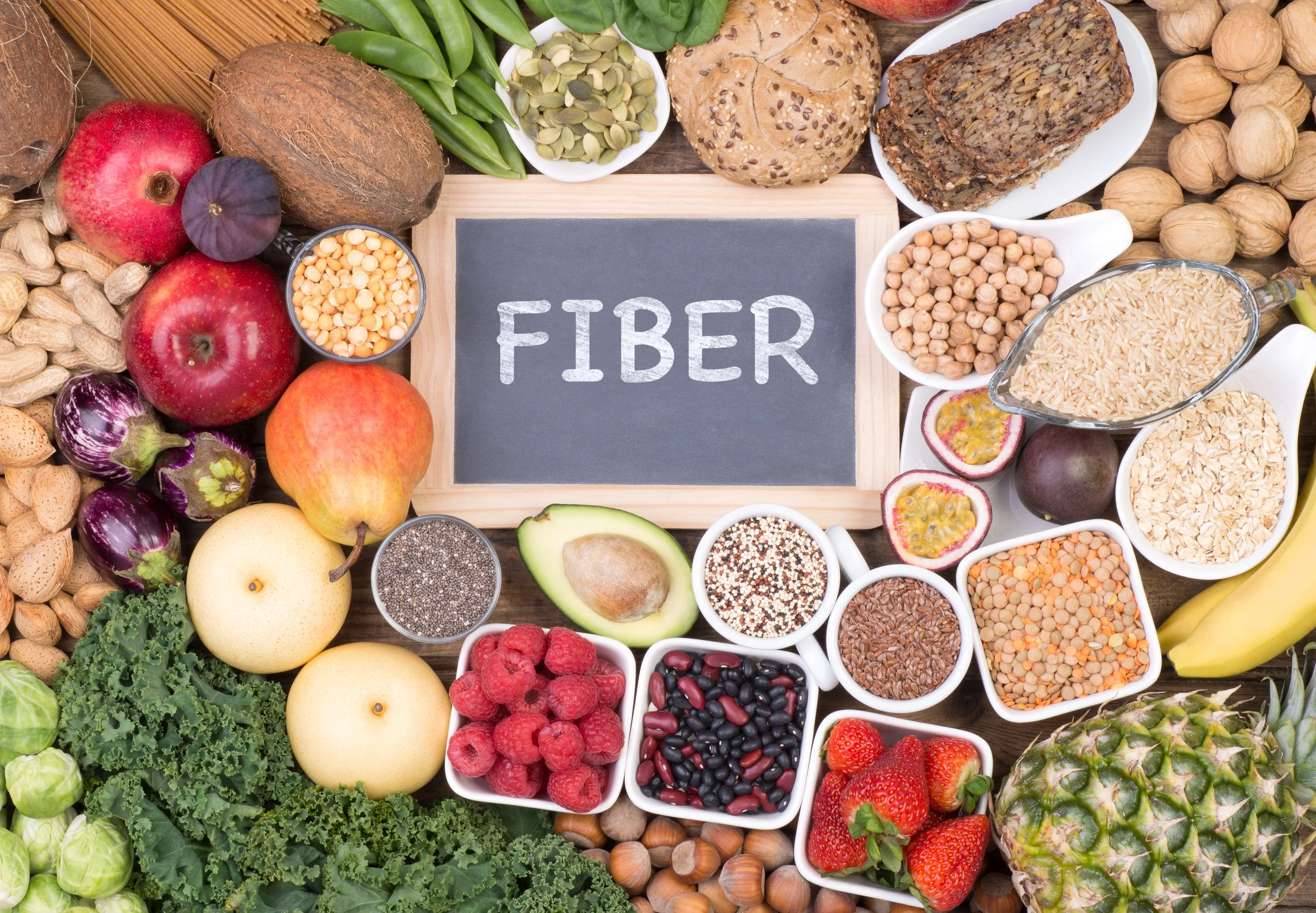Fiber isn’t just a buzzword in nutrition—it’s a critical player in maintaining a healthy colon and preventing serious digestive conditions. At Tampa Colorectal Clinic, we emphasize the role of dietary fiber in supporting optimal colorectal health and reducing the risk of conditions like diverticulitis, polyps, and colorectal cancer. But how much fiber do you really need, and what does the science say?
Why Fiber Matters for Colorectal Health
Lowers the Risk of Colorectal Cancer
Studies show that higher fiber intake—especially from fruits and cereals—can reduce the risk of colorectal adenomas and distal colon cancer (Kunzmann et al., 2015), (Nomura et al., 2007).Feeds the Good Gut Bacteria
Fiber acts as a prebiotic, fueling the gut microbiota to produce short-chain fatty acids like butyrate, which have protective, anti-inflammatory, and anti-cancer effects (Topping, 2013), (Donohoe et al., 2014).Improves Bowel Regularity and Prevents Diverticulosis
Fiber increases stool bulk and decreases transit time, reducing pressure in the colon and preventing diverticula formation (Mladenović & Mladenović, 2020), (Park, 2016).
How Much Fiber Do You Need?
The recommended daily intake of fiber is:
Men (under 50 years): 38 grams
Women (under 50 years): 25 grams
Men (over 50 years): 30 grams
Women (over 50 years): 21 grams
(Source: Institute of Medicine)
Yet, the average American consumes less than 15 grams daily—far below optimal levels.
Soluble vs. Insoluble Fiber: What’s the Difference?
Soluble Fiber (found in oats, beans, apples): forms a gel, helps lower cholesterol, and regulates blood sugar.
Insoluble Fiber (found in whole grains, vegetables): adds bulk to stool and promotes regular bowel movements.
Both types are important for colorectal health and disease prevention.
Why Choose Tampa Colorectal Clinic?
At Tampa Colorectal Clinic, we don’t just treat conditions—we prevent them. Our colorectal specialists emphasize evidence-based nutrition and fiber education as part of a comprehensive approach to digestive wellness. Whether you’re managing IBS, polyps, or post-surgical recovery, we tailor dietary strategies to help your colon thrive.
Fiber is one of the simplest and most powerful tools for protecting your colorectal health. Boosting your daily intake through whole foods can prevent disease, support digestion, and help maintain long-term gut health. And when expert care is needed, Tampa Colorectal Clinic is here to guide you every step of the way.
Works Cited
Donohoe, D. R., Holley, D., Collins, L., Montgomery, S., Whitmore, A., Hillhouse, A., ... & Bultman, S. (2014). A gnotobiotic mouse model demonstrates that dietary fiber protects against colorectal tumorigenesis in a microbiota- and butyrate-dependent manner. Cancer Discovery, 4(12), 1387–1397. Link
Kunzmann, A., Coleman, H., Huang, W. Y., Kitahara, C., Cantwell, M., & Berndt, S. (2015). Dietary fiber intake and risk of colorectal cancer and incident and recurrent adenoma. The American Journal of Clinical Nutrition, 102(4), 881–890. Link
Mladenović, I., & Mladenović, D. (2020). Nutritive characteristics, physiological effects and health importance of dietary fiber. Medicinski pregled, 49, 47–53. Link
Nomura, A., Hankin, J. H., Henderson, B. E., Wilkens, L. R., Murphy, S. P., Pike, M. C., ... & Kolonel, L. N. (2007). Dietary fiber and colorectal cancer risk: The Multiethnic Cohort Study. Cancer Causes & Control, 18, 753–764. Link
Park, Y. (2016). Dietary fiber and health: Cardiovascular disease and beyond. In Nutrition in the Prevention and Treatment of Disease (pp. 423–449). Link
Topping, D. (2013). Dietary fiber: Physiological effects and health outcomes. In Present Knowledge in Nutrition (pp. 50–54). Link

